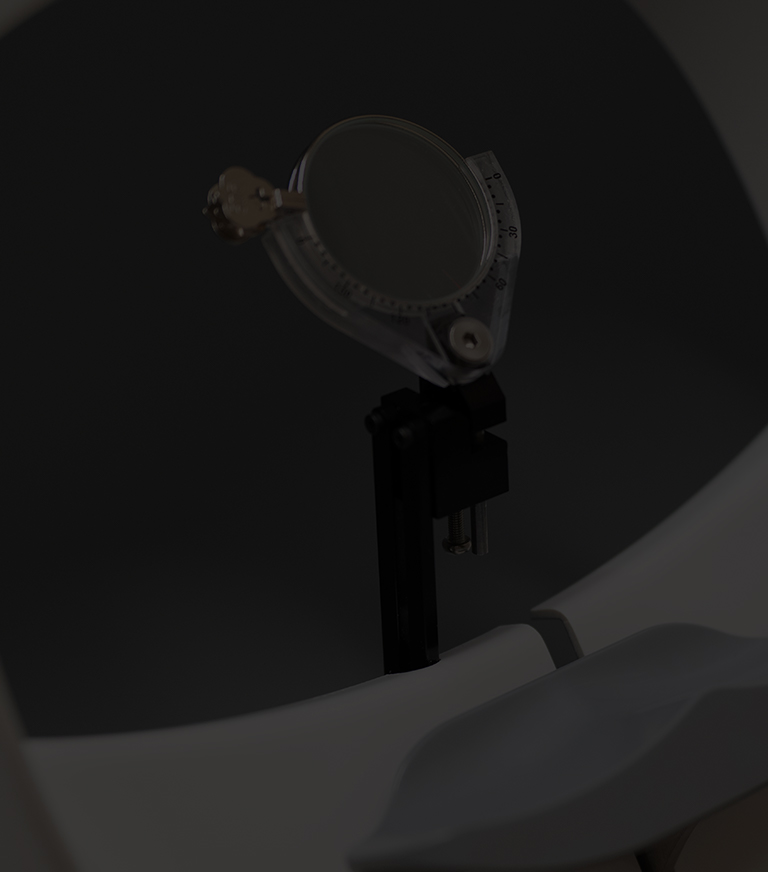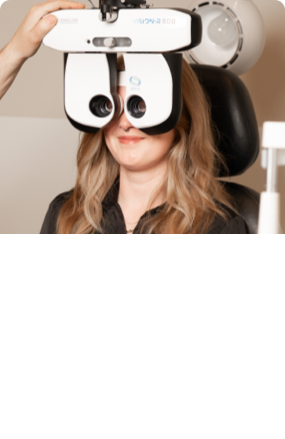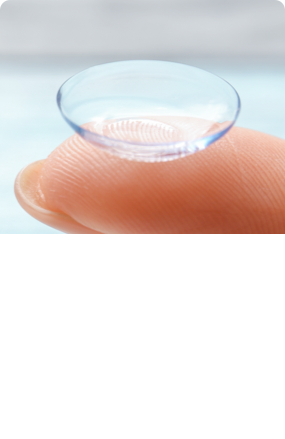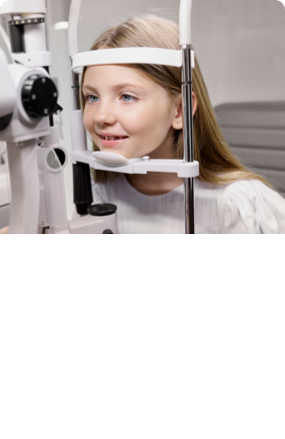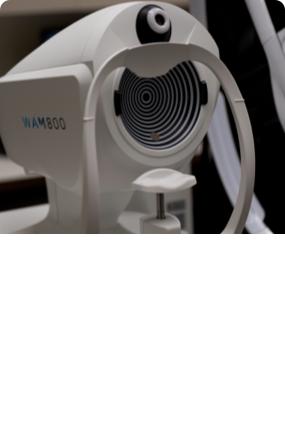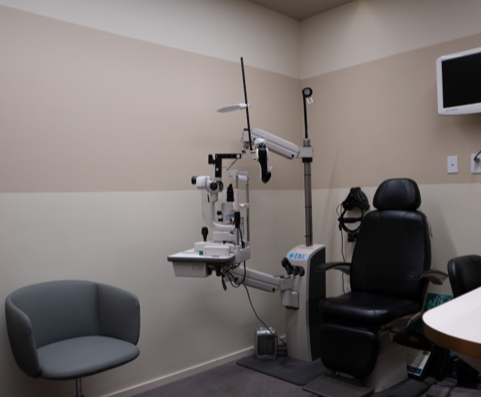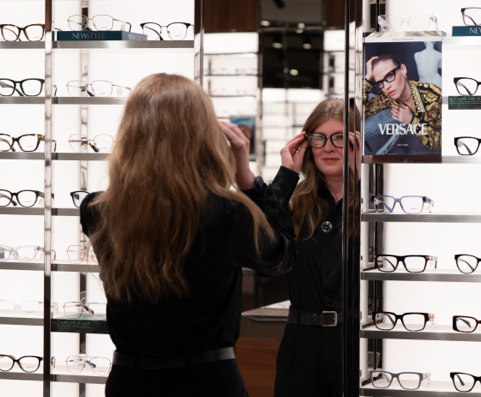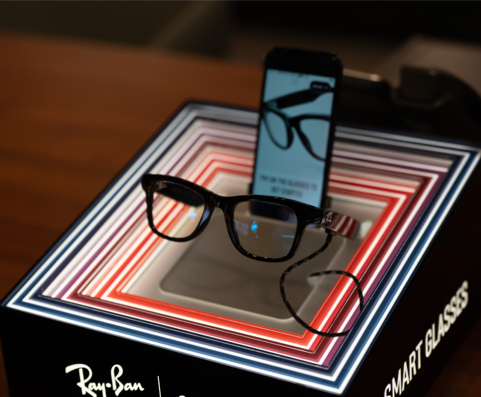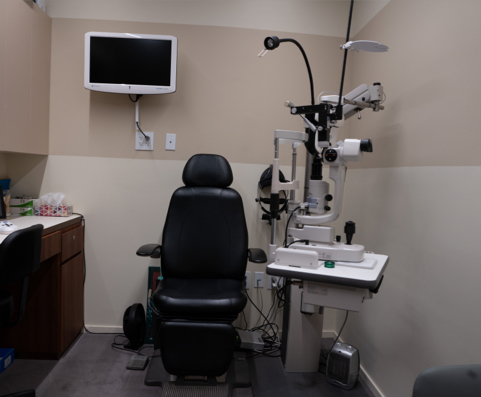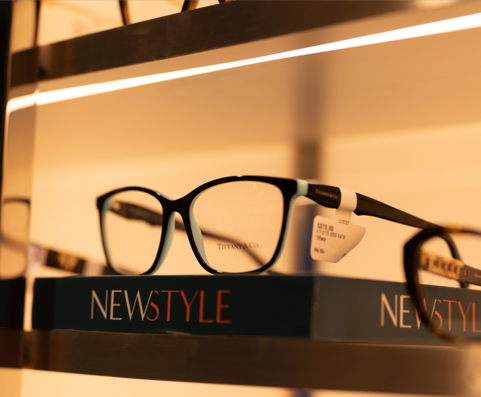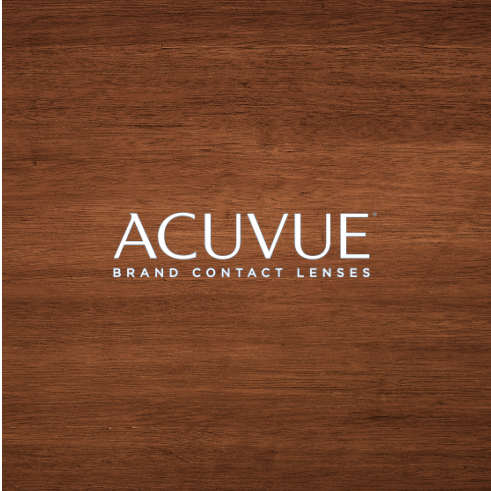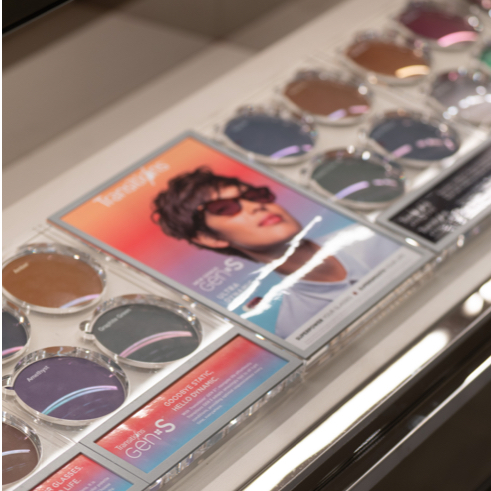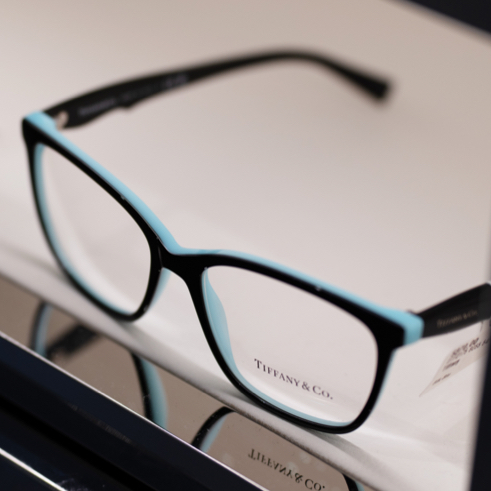Dry eyes can be a frustrating and uncomfortable condition, affecting millions of Canadians. When your eyes aren’t producing enough tears or tears of poor quality, it can result in a scratchy, burning sensation, making it difficult to focus on everyday tasks. And sometimes, those everyday tasks only make things worse.
In some cases, dry eyes can also lead to blurriness, making it challenging to see clearly.
While this condition is common, it can significantly impact your quality of life if left untreated. But it’s not all doom and gloom. Several effective treatments are available to help you manage your symptoms and protect your eye health.
What Causes Dry Eyes?
Let’s first look at what causes dry eyes. Dry eyes occur when the eye doesn’t produce enough tears or produces tears of poor quality. But aren’t tears just tears? Not exactly.
A tear film covers your eyes consisting of three layers: an oily layer, a watery layer, and a mucus layer. These layers work together to keep your eyes moisturized and comfortable, but an imbalance can lead to dry eyes.
There are two types of dry eye:
- Aqueous deficiency dry eye
- Evaporative dry eye
Aqueous deficiency dry eye is when your glands (specifically the lacrimal glands above each eye) don’t create enough tears to keep your eyes wet. This dryness can happen as you age, as aging can reduce tear production. However, this type of dry eye is relatively uncommon, only accounting for about 10% of cases.
On the other hand, evaporative dry eye is much more common. This type of dry eye is related to meibomian gland dysfunction (MGD).
The meibomian glands line your eyelids and release an oil that makes up part of the oily layer of our tear film. This oily layer is essential to keeping our tears from drying too fast. If the glands become blocked or produce less oil, it could cause meibomian gland dysfunction.

Dry Eyes and Blurry Vision
Many health issues list both dry eyes and blurry vision as common symptoms. So, this can make it complicated to figure out what problem is causing what condition. And while blurry vision doesn’t directly cause dry eyes, they can be linked in other ways.
For example, contact lenses can cause dry eyes and be more difficult for people with dry eyes to wear. Soft contact lenses act like sponges to keep moisturized and effective, but that also means they might absorb water from the eye’s surface, leaving the eye dry. This, in turn, can make the lenses not sit on your eye correctly, leading to irritation and blurry vision.
If you do wear contact lenses and suffer from dry eyes, you’ll probably be happy to hear there are contact lenses designed for you.
This may sound strange after all this talk of dryness, but dry eyes can result in an overproduction of tears. This is because our body keeps tabs on itself, so it knows our eyes are dry and irritated. In response, it tells you to keep making tears.
The problem is, with evaporative dry eye, these tears will be of poor quality, drying up before they can offer relief. So excess tear production likely won’t resolve your symptoms. But, if you’ve ever tried to read something underwater, you probably know too much water in your eyes can result in blurry vision.
Corneal Damage
A significant factor in how dry eyes can cause blurry vision relates to the damage dry eyes can cause to your cornea. The cornea is the clear dome at the front of our eyes. It’s not just protective; it also bends light as it enters our eyes and helps us see clearly. It’s also quite delicate.
The tear film keeps our corneas moisturized and nourished. If our body detects something in our eyes, it provides tears to flush that object out and prevent any damage. However, without that tear film, this debris can build up and scatter light or, in severe cases, damage your cornea.
This is why you don’t want to rub your dry eyes. Without the tear film, you may be open to infection or other eye health issues. Fortunately, there may be solutions to your symptoms.
Treatments For Dry Eyes
If you’re prone to dry eyes, there are several steps you can take to find relief and protect your vision:
- Artificial tears: Over-the-counter eye drops can soothe dry eye symptoms and help you find quick relief. If you wear contact lenses, you might require a particular type of eye drop that won’t damage your lenses.
- Medical eye drops: Depending on the type of dry eyes, your optometrist might recommend drops designed to enhance your tear film’s natural layers, such as viscoadaptive eye drops.
- Warming masks: If your meibomian glands are blocked, warming masks can act like an at-home version of heat therapy to break down these blockages and let the oil flow freely.
- Punctal plugs: Sometimes, your optometrist can insert punctal plugs into your tear ducts to prevent drainage. These tiny devices are helpful for people whose tears drain too quickly.
- Lid and lash cleaners: Like our teeth, our eyes work best when clean. Lid and lash cleaners can remove protein build-up and debris that could lead to a blockage.
You can also take the initiative to prevent dry eyes by ensuring you eat right. Omega-3 fatty acids and vitamin A are nutrients that can help moisturize your eyes. Make sure your diet is flush with fish and leafy greens, or take supplements to make up the difference. Talk to your doctor before making any drastic lifestyle changes.
Are Dry Eyes the Cause of Your Blurry Vision?
At Orchard Park Optometry, we used advanced diagnostic equipment to measure your tear film, monitoring break-up time and volume to determine the cause of your dry eyes.
Hopefully, addressing your dry eyes will sharpen your vision. If not, we’ll be there to uncover and manage the eye health issue that is at fault.
If you’re dealing with dry eyes affecting your daily life, book an appointment in Kelowna for advanced dry eye treatment today!
